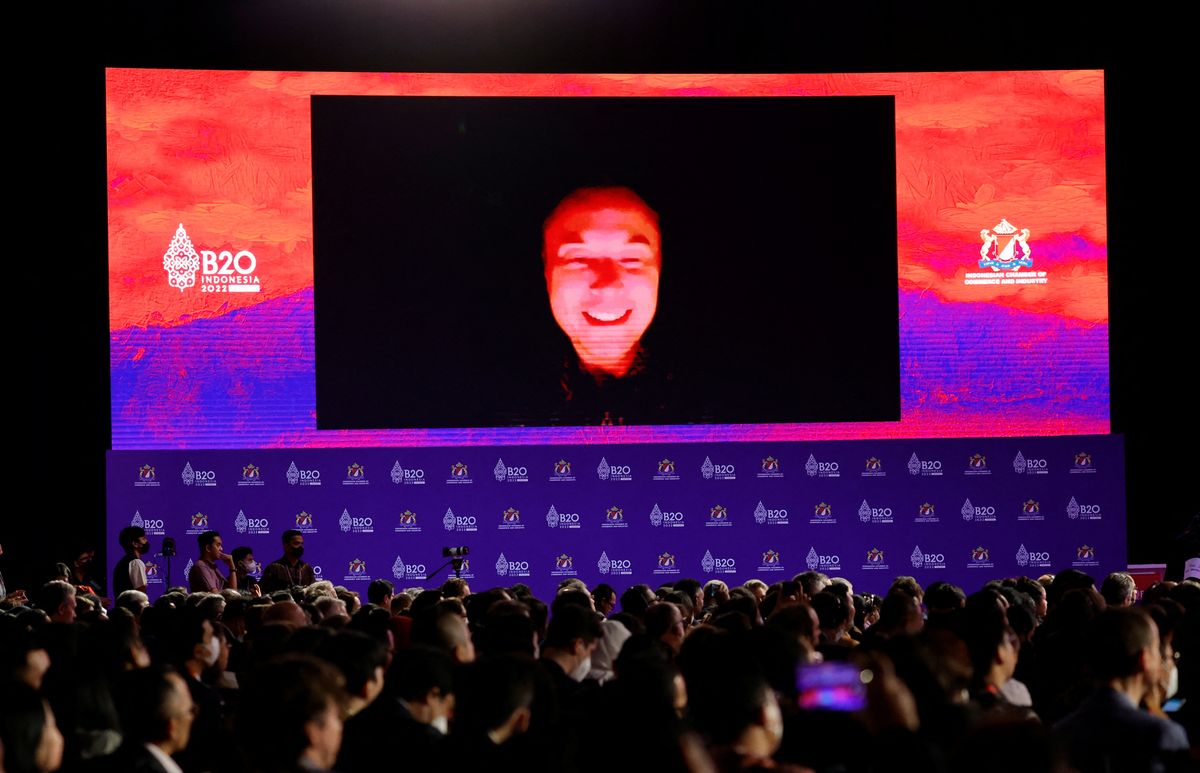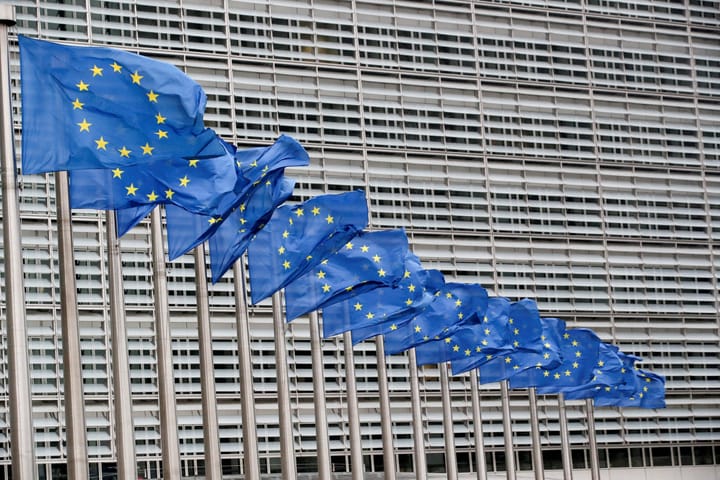Elon Musk hopes Neuralink's brain chip human trials will start in six months
The company is now pivoting to seek US FDA approval to begin human clinical trials.

A few minutes every morning is all you need.
Stay up to date on the world's Headlines and Human Stories. It's fun, it's factual, it's fluff-free.
Neuralink is another company owned by Tesla CEO, Twitter and SpaceX owner Elon Musk. The startup aims to connect human brains with computers by implanting people with chips. At Neuralink's public presentation last year, the tech company showed the possibilities of the tech after implanting Bluetooth chips into monkeys' brains and letting them play video games (with their minds!) as part of the testing. But, it faced backlash from animal activists after reports surfaced of monkeys dying during the testing. The company is now pivoting to seek US FDA approval to begin human clinical trials.
Last Wednesday, at an event at Neuralink's California headquarters, Musk said the company has submitted "most" of its paperwork to the FDA, and the wireless brain chip developed by Neuralink should be ready for human clinical trials within the next six months.
He also showcased Neuralink's two new human applications the company is working on. One is meant to help paralyzed patients be able to move again. And another is an ocular implant to improve or restore vision. As for the FDA, it said it could not comment on Neuralink's application status.
Key comments:
"We want to be extremely careful and certain that it will work well before putting a device into a human," said Elon Musk at the event. "The progress at first, particularly as it applies to humans, will seem perhaps agonizingly slow, but we are doing all of the things to bring it to scale in parallel. So, in theory, progress should be exponential."
"Neuralink is a company [that] doesn't have to answer to shareholders," said Xing Chen, assistant professor in the Department of Ophthalmology at the University of Pittsburgh School of Medicine. "I don't know how much oversight is involved, but I think it's very important for the public to always keep in mind that before anything has been approved by the FDA, or any governmental regulatory body, all claims need to be very, very skeptically examined."
"From an ethical perspective, I think that hype is very concerning," said Anna Wexler, an assistant professor of medical ethics and health policy at the Perelman School of Medicine at the University of Pennsylvania. "Space or Twitter, that's one thing, but when you come into the medical context, the stakes are higher.




Comments ()